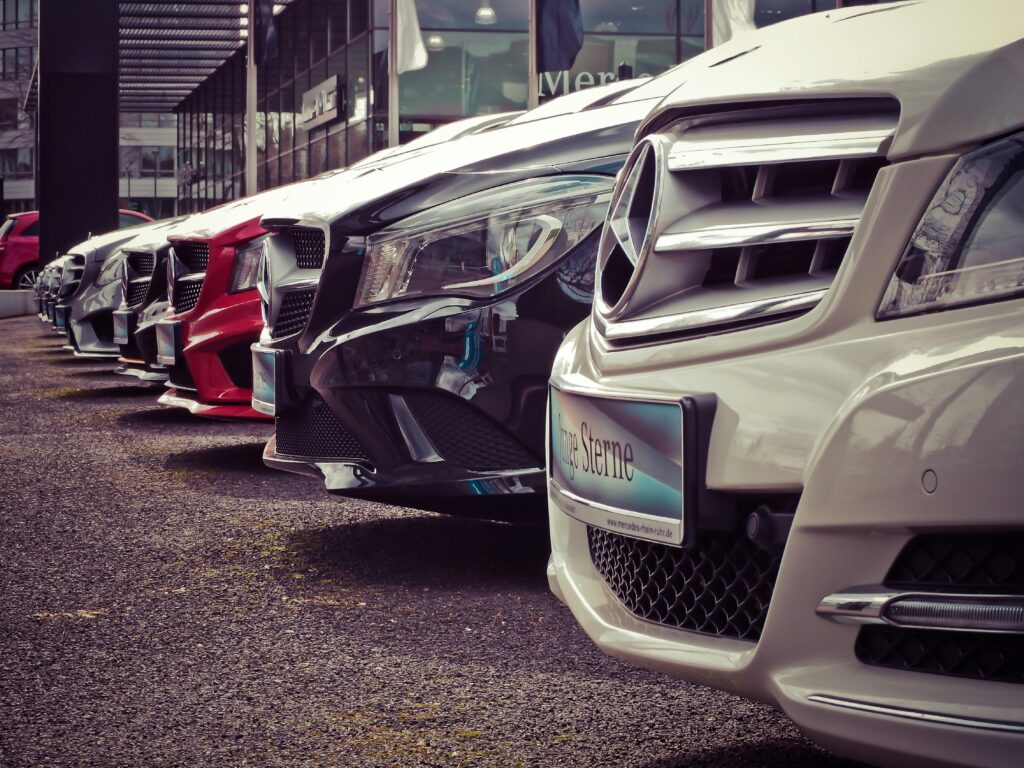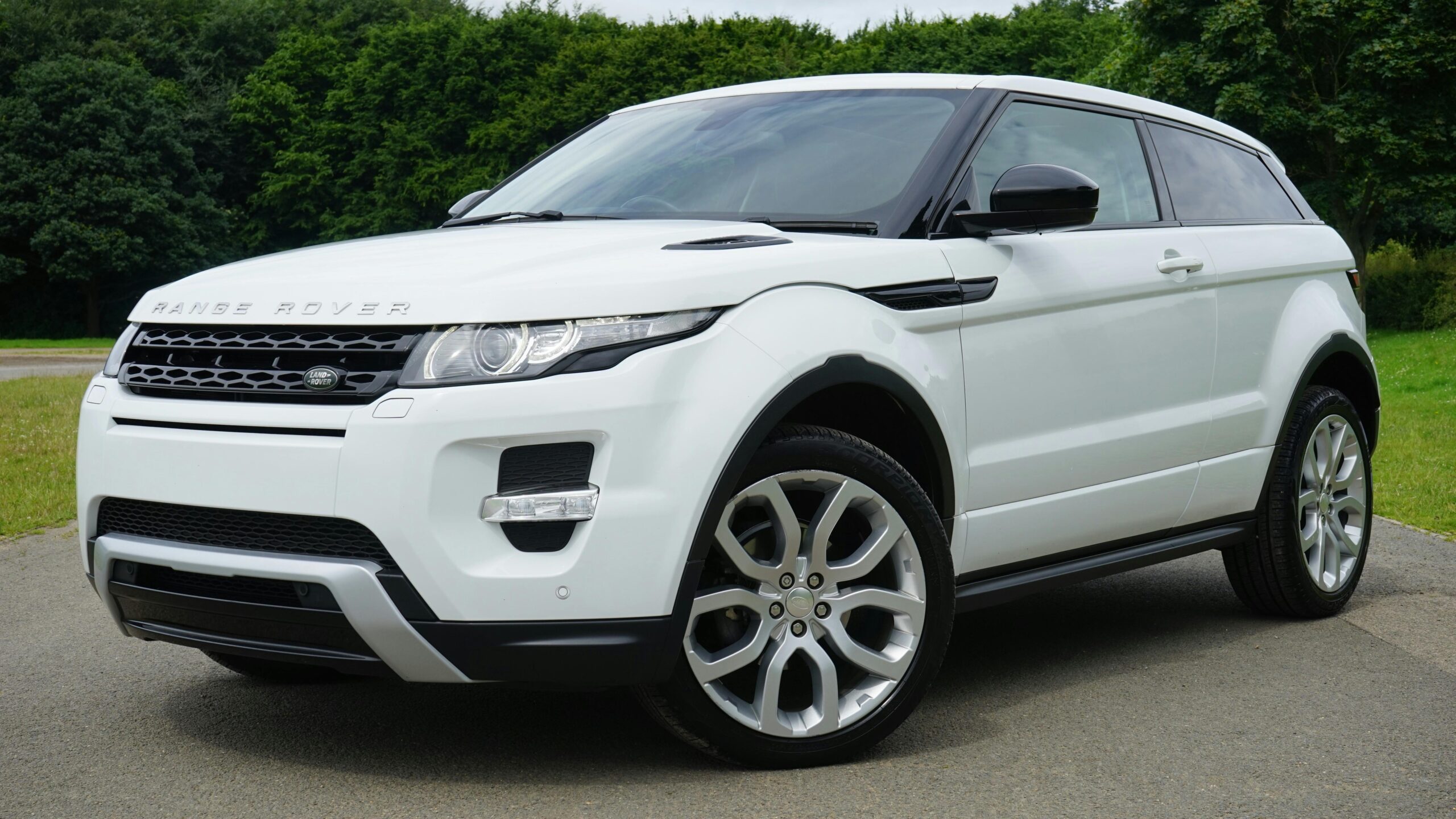Buying a car is a major financial decision, and one of the biggest choices you’ll face is whether to go for a brand-new model or a used one. While the appeal of a shiny, factory-fresh vehicle is undeniable, used cars often offer better value for money in the long run. If you’re looking to make a smart financial decision, here’s why choosing a used car is the way to go.
Table of Contents
A Smarter Financial Investment
One of the biggest financial advantages of buying used is the price. A new car loses up to 30% of its value in the first year alone, and within three years, it can depreciate by almost half. That means if you buy a $50,000 new car today, it could be worth just $35,000 or less in a year—even if you’ve barely driven it.
With second hand cars, that initial drop in value has already happened. You pay significantly less upfront, and the rate of depreciation slows down. This means you’ll get more for your money—whether that’s a better-equipped model, a lower monthly payment, or a car that holds its resale value better down the line.
Lower Costs Beyond the Purchase Price
The savings don’t stop at the purchase price. Insurance companies determine premiums based on the value of the car, and since used cars are worth less than new ones, they typically cost less to insure. Some additional benefits include:
- Lower comprehensive and collision coverage – Since insurers base payouts on the car’s value, your premiums decrease.
- No need for expensive gap insurance – With a new car, gap coverage is often required to cover depreciation. A used car doesn’t have this issue.
- Cheaper registration and taxes – In many places, registration fees and taxes are tied to the car’s age or value, making an older vehicle more affordable to own.
Reliability Isn’t a Concern Like It Used to Be
A common reason people hesitate to buy used is fear of reliability issues. But modern cars are built to last. It’s not uncommon for well-maintained vehicles to surpass 250,000 to 300,000 km, meaning even a car that’s a few years old has plenty of life left.
There are also more tools available than ever to ensure you’re making a smart choice. Checking a car’s service history, opting for a certified pre-owned (CPO) model, and getting a pre-purchase inspection from a trusted mechanic can all help you find a dependable vehicle. Plus, with access to years of real-world reviews, you can research common issues and make an informed decision—something that’s impossible with a brand-new model.

Financing & Depreciation: Why Used Wins Again
New car loans are often larger, meaning higher monthly payments and more interest paid over time. While interest rates on used cars may sometimes be slightly higher, the lower overall loan amount still saves you money in the long run.
If you’re able to buy a used car with cash—or finance a much smaller portion—you avoid taking on unnecessary debt. And since depreciation slows down after the first few years, you won’t lose as much money when it comes time to sell or trade in the car later.
Less Stress, More Freedom
Owning a new car can sometimes feel like owning a high-maintenance pet—every scratch, dent, or spill can feel like a disaster. With a used car, you can drive with less stress because the car already has some wear, so a small ding isn’t the end of the world.
You also won’t be constantly watching its resale value drop with every kilometer you drive. Plus, you can take it on long trips, park in busy areas, and use it as intended—without babying it.
For anyone who commutes daily, has kids, or just doesn’t want to worry about every minor imperfection, a used car is a far more practical choice.
More Environmentally Friendly
There’s also a sustainability factor to consider. Manufacturing a new car requires raw materials, energy, and emissions, contributing to environmental impact. Choosing a used car:
- Reduces demand for new car production.
- Extends the lifespan of a vehicle, reducing waste.
- Lowers the overall carbon footprint compared to buying new.
The Smarter Way to Buy
A new car might be tempting, but financially, a well-chosen used car wins in almost every category. You’ll save thousands on depreciation, pay less for insurance and registration, and enjoy the freedom of driving a car that doesn’t require constant worry. Plus, with today’s high vehicle reliability standards and access to real-world reviews, you can confidently find a used car that’s both dependable and cost-effective.
If you’re looking for the best value for your money, buying used isn’t just a smart decision—it’s the better one.

